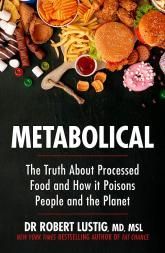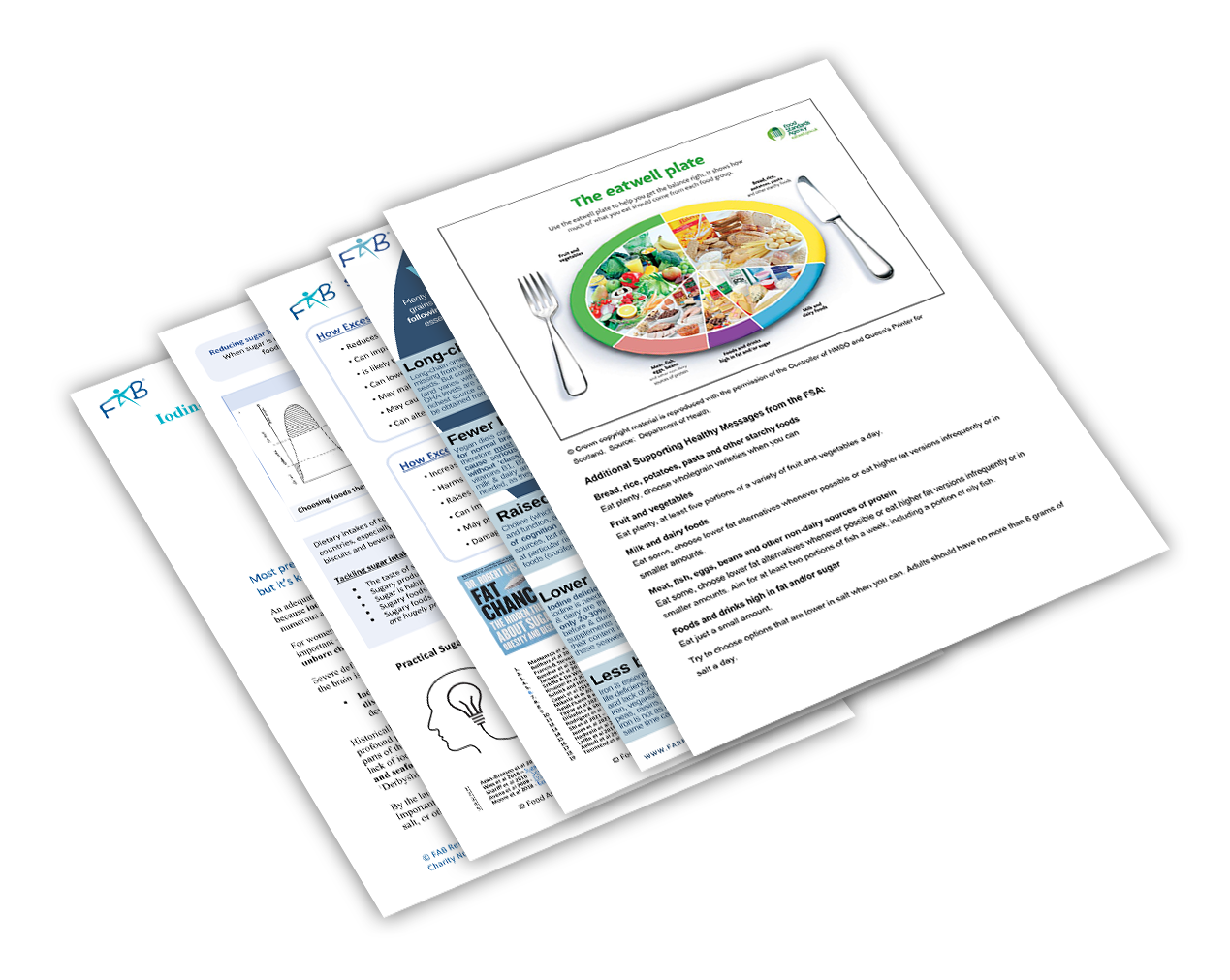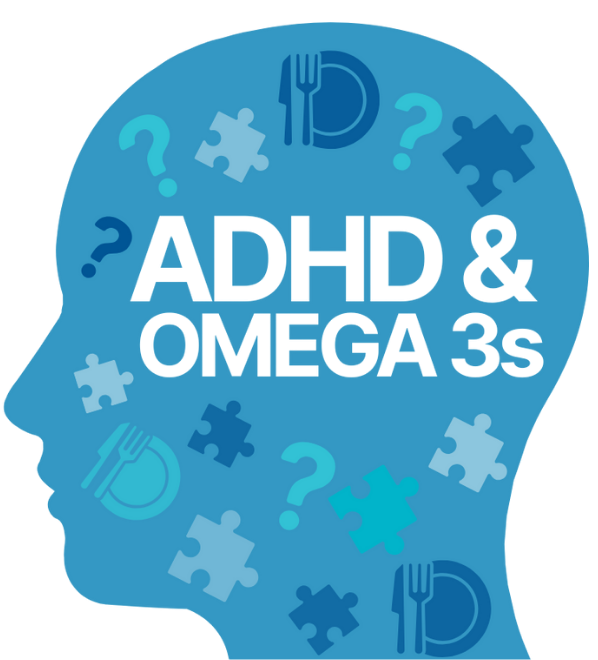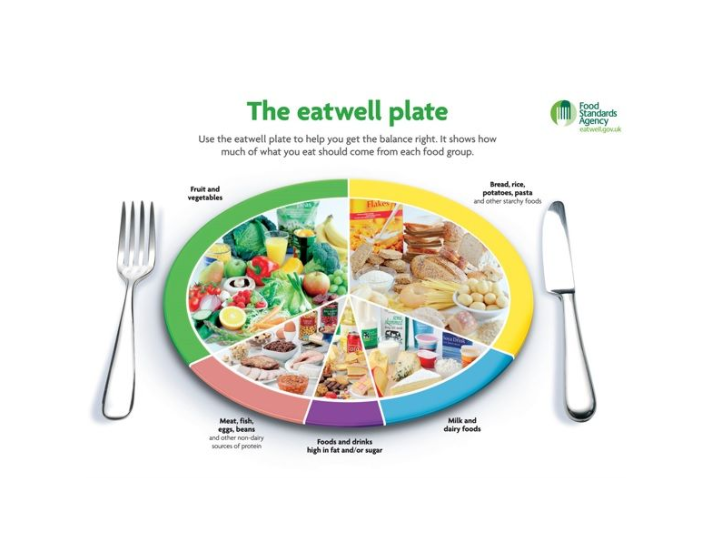Receive exclusive content, promotions, news and events to your mailbox.
Metabolical: The Truth About Processed Food and How it Poisons People and the Planet
Extensive scientific evidence now shows that diets rich in ultra-processed foods and drinks are damaging to both physical and mental health.

In this book, pioneering medical doctor and leading international researcher
Dr Robert Lustig provides a comprensive summary of the now extensive evidence that modern western-type diets - dominated by ultra-processed foods (UPF) - are driving the epidemic of chonic ill health affecting all developed countries.
High UPF intakes are strongly linked not only with higher risks for obesity, Type 2 diabetes, heart disease, cancer and the other degenerative physical diseases that are now occurring at younger ages than ever, but also with common developmental conditions like ADHD and autism, and almost all forms of mental health disorder, including anxiety, depression and dementia.
Why do health professionals and policymakers not do more to raise awareness, and encourage patients and the general public to avoid UPF where possible?
Dr Lustig gives three separate chapters to explaining why most
doctors, dietitians and dentists aren't usually even aware of just how compelling the scientific evidence for the dangers of UPF has now become. As he notes, their education and training, professional societies and treatment guidelines, and the research informing these are all heavily dependent on commercial funding from the food and phamacuetical industries.
The UPF classification system only came into being in 2012. And while many ultra-processed foods and drinks are HFSS (High in Fat, Sugar and Salt), the UPF category is based on how foods are made, not on their nutritional content.
The good news is that more health professionals ARE now starting to recognise that high UPF consumption is a serious problem, and that urgent action is needed

As an expert in childhood obesity and neuroendocrinology, with direct clinical experience of treating patients, he was the first to provide a clear explanation for why focusing on calorie-reduction alone just doesn't work to reduce obesity.
In essence, regularly consuming high-sugar foods and drinks leads to abnormally high levels of insulin. Calories consumed are then preferentially stored as fat - rather than being available for energy.
UPF diets promote resistance to insulin and other hormones that regulate both appetite and energy metabolism. Fatty liver, Type 2 diabetes, obesity and cardiovascular disease are among the physical health problems that result from this. Impairments of mood, behaviour and cognition are the mental health consequences.
The book also explains how to assess risks for these metabolic problems - as well as setting out a strategy that anyone can follow in order to reduce their own risk.
In essence, the single most important thing is to 'Eat Real Food' - and to avoid as far as possible the ultra-processed 'fake foods' and drinks made from artificially manipulated ingredients and additives.
Dr Lustig also adds two other key messages that further explain why this matters so much:
'Protect your Liver' and 'Feed your Gut'.
See also:
- Ultraprocessed Food: Addictive, Toxic, and Ready for Regulation
- Childhood obesity: behavioral aberration or biochemical drive? Reinterpreting the First Law of Thermodynamics
* nutrition is fundamental to gene expression and regulation - and therefore interacts with genetic predisposition to influence every aspect of metabolism. These 'epigenetic' effects applies at any age, but are particularly important in early life, when the body and brain are first developing, because some effects of nutrition (and other environmental influences) during theis period are irreversible.
Prof Robert Lustig MD speaking at FAB Research Conference, London, March 2013
Further information
Get the latest insights in nutrition and brain health
More articles












